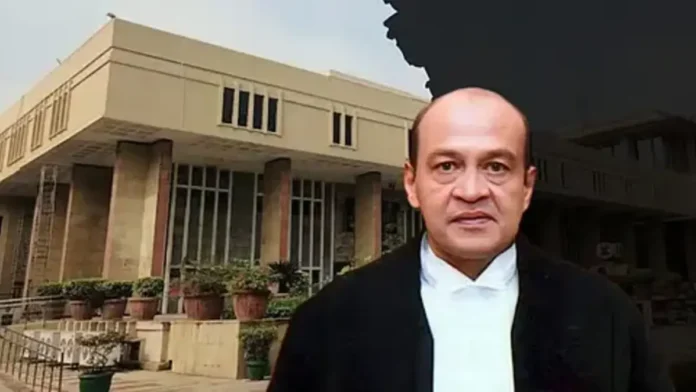Following the discovery of a sizable cash pile at Delhi High Court judge Justice Yashwant Varma’s official apartment during a fire incident on the evening of March 14, the Supreme Court will hear a plea on Friday asking for instructions for the Delhi Police to file a formal complaint against him.
“Our judges, except for a minority are men and women of the greatest of erudition, integrity, learning and independenceBut incidents where judges are caught red handed accepting money cannot be denied. The judgement in K Veeraswami’s case, to the knowledge of the petitioners has stood in the way of an FIR being registered even in an offence involving POCSO,” the petition stated.
Advocate Mathews J. Nedumpara submitted the plea, requesting that the top court reconsider its seminal 1991 K. Veeraswami ruling, which provided a number of protections to judges accused of corruption. In the 1973 Kesavananda Bharati case, the court decided that judicial independence was part of the Constitution’s “basic structure” and sought to preserve it.
The Supreme Court ruled in 1991 that judges of the Supreme Court and High Courts are considered “public servants” under the Prevention of Corruption Act, 1988. To strike a balance between judicial independence and accountability, it also decided that an investigation against a higher court judge cannot begin without the Chief Justice of India’s (CJI) prior approval.
A two-thirds majority in both the Lok Sabha and the Rajya Sabha is required by the Constitution to impeach a judge. Originating in 1999, when the Supreme Court established an internal system as a prelude to parliamentary proceedings, the inquiry committee was appointed by Chief Justice Sanjiv Khanna to look into the alleged misconduct.
If the in-house committee in Justice Varma’s case discovers evidence of misbehavior, disciplinary action may be taken against him, which might open the door for Parliament to consider and approve an impeachment petition. However, the petitioner contends that the police should now conduct the inquiry and that a three-judge committee should not be formed to look into the case.
The petition also calls on the government to take significant and practical steps to stop corruption in the judiciary at all levels. Chief Justice Sanjiv Khanna’s bench said they will order the registrar to list the petition during Wednesday’s hearing, but they did not remark on an urgent hearing. It was suggested that the petitioner formally request the same thing from the court. The petitioner further demanded the revival of the Judicial Standards and Accountability Bill, 2010, which had lapsed in Parliament.




